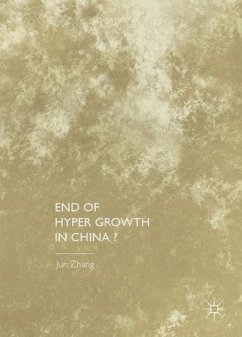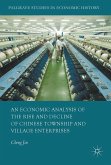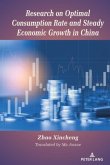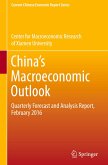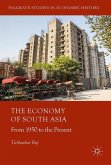In this book, Dr. Jun Zhang rebuts the widely-held view that Chinese economic growth is unsustainable due to low consumption and a reliance on exports and enormous fixed-asset investments. Though many believe this "structural imbalance" of the Chinese economy will become a serious problem in the long run, Zhang holds a bullish long-term outlook owing to China's long-term economic development.
For Zhang, China's structural problems are greatly exaggerated and certain structures, such as regional governing entities, ensure that China will not face the same economic issues that Japan encountered. Through regional competition, regional governments will persevere; Zhang predicts that China will overtake the US as a superpower. Zhang concludes by acknowledging the real dangers facing China's economy, and offering advice on the reforms needed to ensure continued growth.
For Zhang, China's structural problems are greatly exaggerated and certain structures, such as regional governing entities, ensure that China will not face the same economic issues that Japan encountered. Through regional competition, regional governments will persevere; Zhang predicts that China will overtake the US as a superpower. Zhang concludes by acknowledging the real dangers facing China's economy, and offering advice on the reforms needed to ensure continued growth.
"This insightful volume by Jun Zhang (Fudan Univ.) seeks to rebut the view that China's economic growth is unsustainable due to low consumption and a reliance on exports and enormous fixed-asset investments. ... A list of figures, list of tables, notes, and references. Summing Up: Highly recommended. Upper-division undergraduates through faculty." (S. K. Ma, Choice, Vol. 54 (6), February, 2017)

